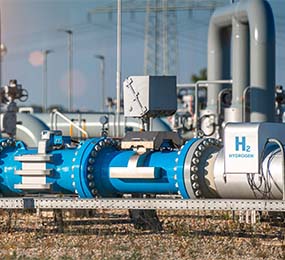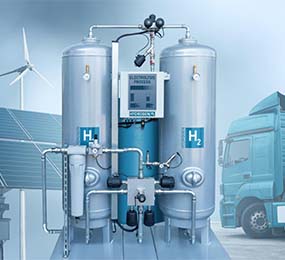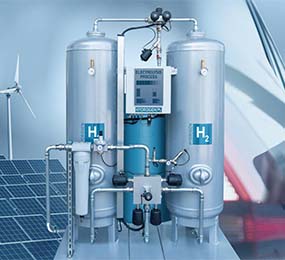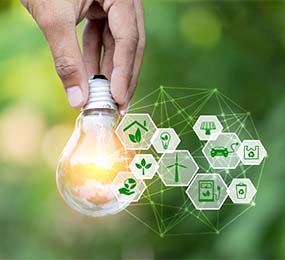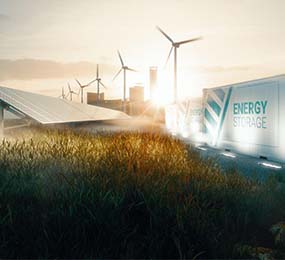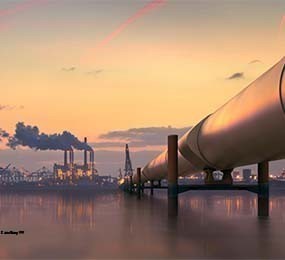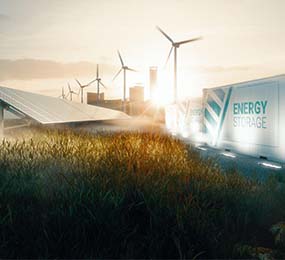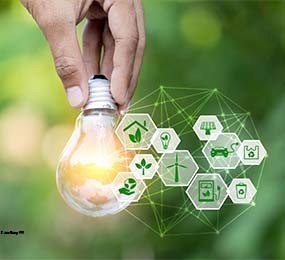Europe's Transition to a Circular Economy: Opportunities for Biofuels and Bioplastics
Europe's transition to a circular economy is driving innovation in renewable energy and sustainable materials, creating new opportunities for biofuels and bioplastics. A circular economy aims to minimize waste and optimize the use of resources by reusing, repairing, and recycling materials, rather than using finite resources and generating waste. Biofuels and bioplastics play an essential role in this transition, providing sustainable alternatives to traditional fossil-fuel-based products.
Biofuels, made from renewable organic materials, can be used as a substitute for conventional fuels in transportation and energy production. They have a lower carbon footprint than fossil fuels, making them an attractive option for reducing greenhouse gas emissions. Bioplastics, on the other hand, are made from renewable biomass sources, such as corn, sugar cane, or vegetable fats and oils, and are biodegradable, compostable, or recyclable.
The European Union has set ambitious targets to support the transition to a circular economy, with a goal to achieve net-zero greenhouse gas emissions by 2050. To achieve this, the EU has introduced policies and initiatives to promote the use of biofuels and bioplastics, such as the Renewable Energy Directive, which aims to increase the share of renewable energy in the EU's energy mix.
The transition to a circular economy presents significant opportunities for biofuels and bioplastics. For example, the use of biofuels in the transportation sector can help reduce emissions and dependence on fossil fuels. In addition, the demand for bioplastics is expected to increase as companies seek to reduce their carbon footprint and meet consumer demand for sustainable products.
However, there are also challenges associated with the use of biofuels and bioplastics, such as land-use competition, food security, and biodiversity loss. It is essential to ensure that the production of biofuels and bioplastics does not have negative impacts on the environment, and that they are produced sustainably and ethically.
In conclusion, Europe's transition to a circular economy presents significant opportunities for biofuels and bioplastics. The development and use of sustainable, renewable alternatives to traditional fossil-fuel-based products can help reduce greenhouse gas emissions and minimize waste. However, it is crucial to ensure that the production of these products is sustainable and does not have negative environmental impacts. As the circular economy continues to evolve, biofuels and bioplastics will play a vital role in achieving Europe's net-zero emissions target and creating a more sustainable future.
Visit our website to know more: https://www.leadventgrp.com/events/future-fuels-europe/details
For more information and group participation, contact us: [email protected]
Leadvent Group - Industry Leading Events for Business Leaders!
www.leadventgrp.com | [email protected]


